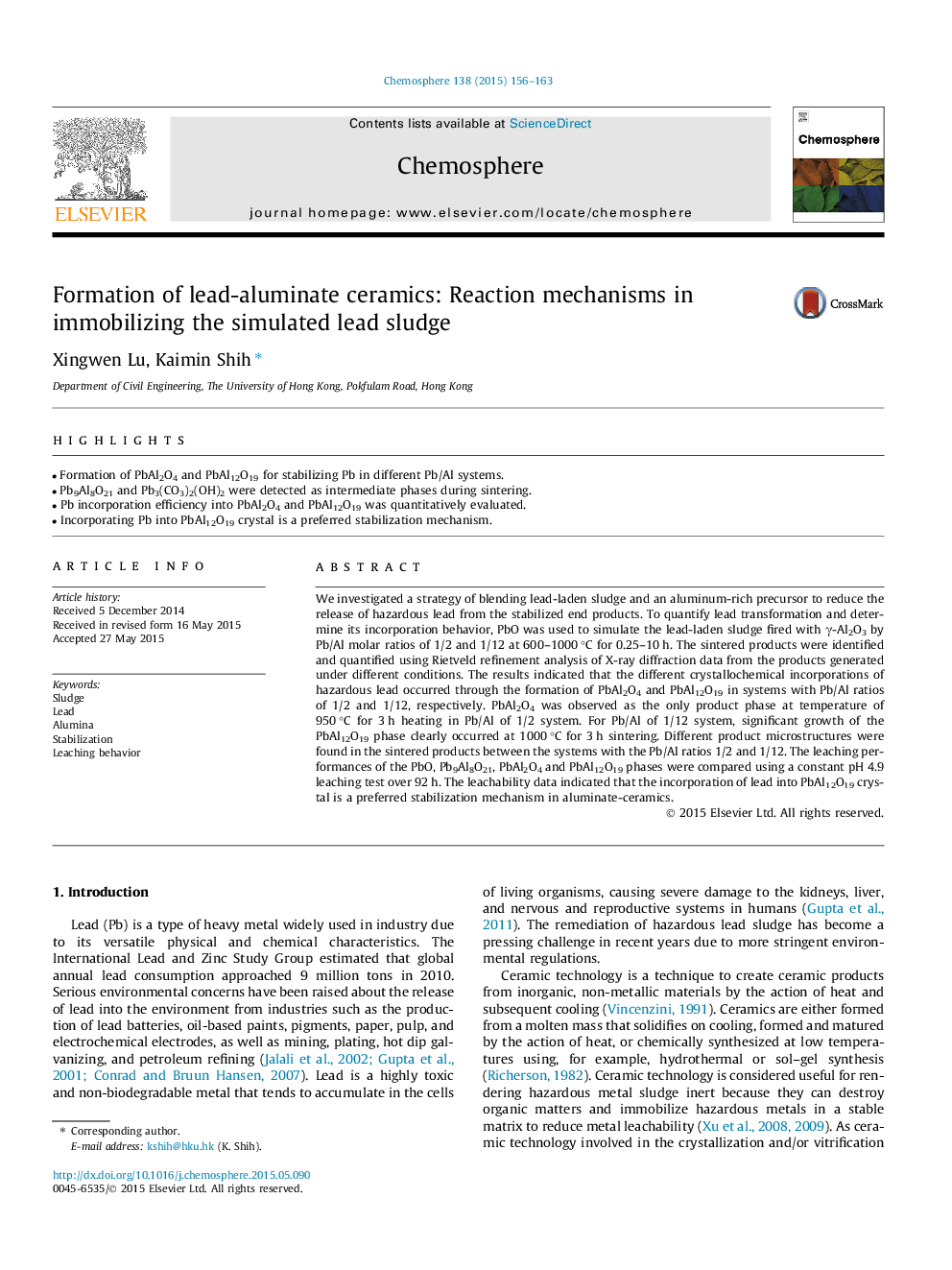| Article ID | Journal | Published Year | Pages | File Type |
|---|---|---|---|---|
| 7332158 | Social Science & Medicine | 2015 | 8 Pages |
Abstract
In this paper, we use the policy variation of two different types of health insurance in the US and in Denmark - employer-provided and universal insurance combined with substantial differences in expected and actual medical out-of-pocket expenditures - to explore the effect of new severe health shocks on the labor force participation of older workers. Our results not only provide insight into how relative disease risk affects labor force participation at older ages, but also into how different types of health care and health insurance systems affect individual decisions of labor force participation. Although employer-tied health insurance and greater out-of-pocket medical expenditures give US Americans greater incentives to continue to work, we find only small differences in the work response between the two countries. We provide compelling evidence that our somewhat counterintuitive finding is the result of differential mortality and baseline health differences coupled with distinct treatment regimes under the respective health care systems.
Related Topics
Health Sciences
Medicine and Dentistry
Public Health and Health Policy
Authors
Nabanita Datta Gupta, Kristin J. Kleinjans, Mona Larsen,
